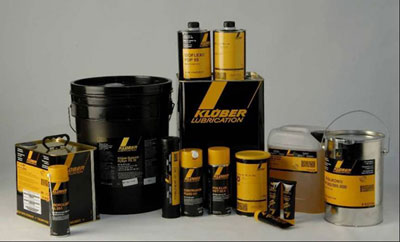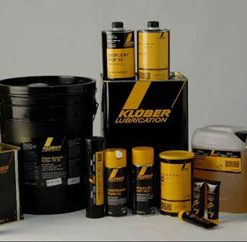Description
Klüberoil 4 UH1-1500 N Spray is registered as NSF H1 for use in the food-processing and pharmaceutical industries and complies with FDA 21 CFR Sec 178.3570. It was developed for incidental contact with products and packaging materials in the food-processing, cosmetics, pharmaceutical or animal feed industries. The use of Klüberoil 4 UH1-1500 N Spray can contribute to increase reliability of your production processes. Nevertheless it is recommended to conduct an additional risk analysis, e.g. HACCP.
Gears are sufficiently protected against scuffing even at extremely high peak loads, vibrations or oscillations, or if no running-in was performed. The good wear protection of both gears and rolling bearings ensures that the service life calculated for the lubricated components is achieved, leading to lower maintenance and repair costs.
Klüberoil 4 UH1-1500 N Spray offers a much longer service life than mineral and white oils due to the excellent ageing and oxidation resistance of the selected raw materials; thus service intervals can be extended and maintenance costs reduced. The product’s good anti-corrosive properties enable problem-free gear operation.
The good viscosity-temperature behaviour supports the formation of a sufficient lubricant film across a wide service temperature range, even at elevated and high temperatures.
The optimised friction behaviour enabled by the carefully selected base oils reduces power loss and improves efficiency of your application.
By using Klüberoil 4 UH1-1500 N Spray you can benefit from a number of advantages that will help you save costs easily and efficiently. We look forward to hearing from you.
Benefits for your application
- Registered as NSF H1
- High scuffing protection
- Good wear protection for gears and rolling bearings
- Good shear stability for reliable lubricant film formation
- Excellent ageing and oxidation resistance
- Wide service temperature range due to good viscosity-temperature behaviour
- Low foaming tendency
- Energy savings due to optimised friction behaviour
- Good elastomer compatibility


